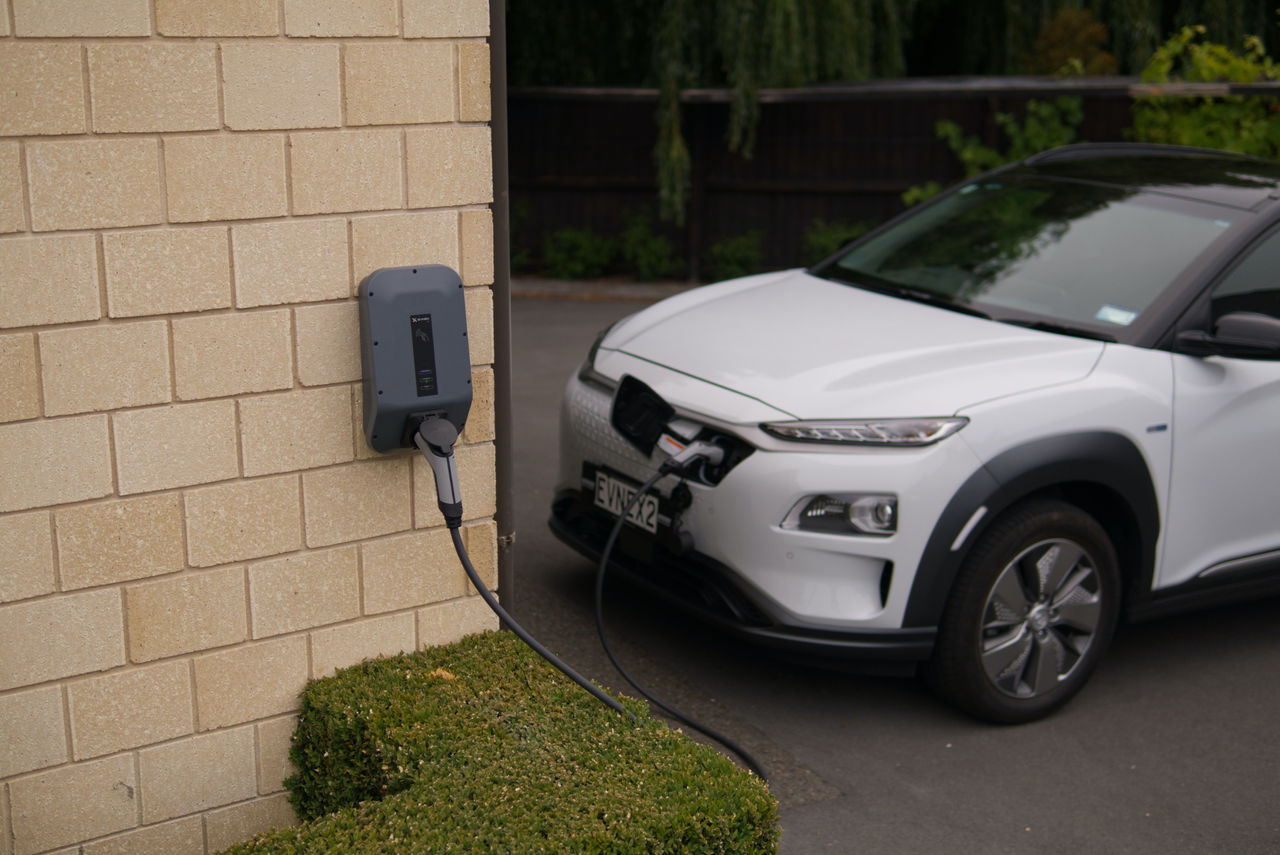
Visit Continental Tires in your country for local vehicle fitment
# Vehicle Types
Ready, set, EVolve
Essential tips for the optimal EV driving experience
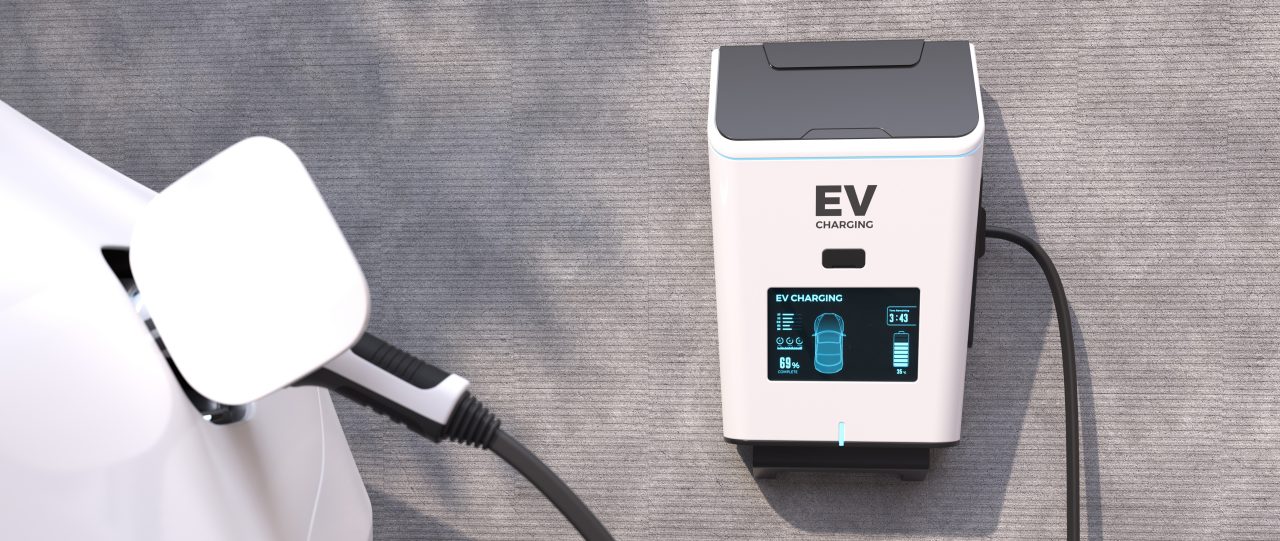
The future of mobility is electric. There is no alternative"
Angela Merkel, former Chancellor of Germany
Embracing the future: unveiling the maintenance essentials for electric vehicles
As we embark on a transformative journey towards a more sustainable and environmentally conscious era of transport, electric vehicles (EVs) are emerging as the pioneers leading the revolution towards cleaner, greener mobility. Beyond their eco-friendly features and sleek designs, EVs present a unique set of challenges, particularly when it comes to maintenance.
To ensure the longevity of these cutting-edge vehicles, meticulous attention to vital components such as tires, batteries, and brakes is essential. This article examines the essential aspects of EV maintenance and offers insights into the implications of maintaining a smooth, safe, and efficient driving experience in the electrified age.
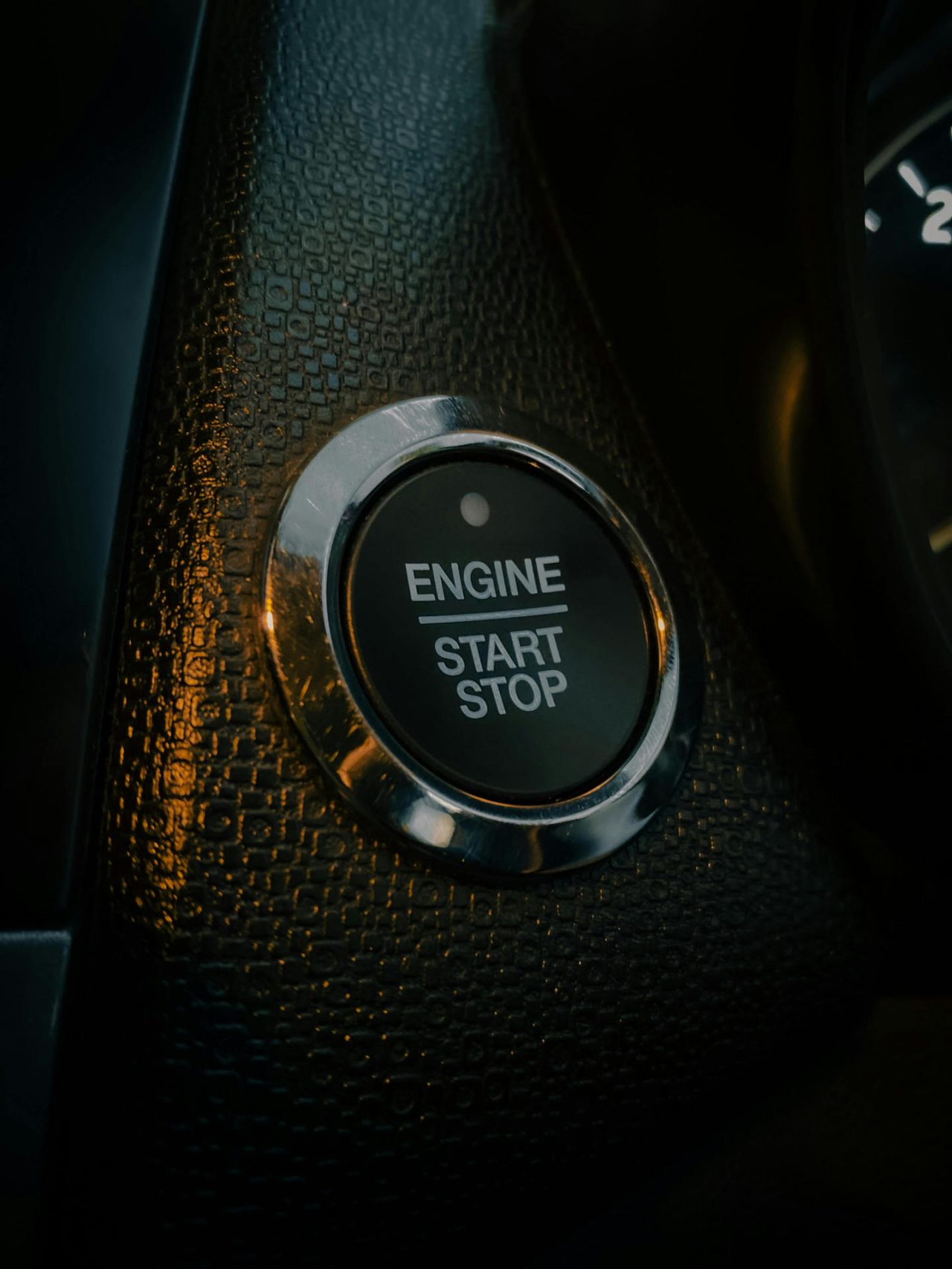
Evolving demands: EV´s, hybrid vehicles vs. combustion vehicles
Understanding the unique needs of electric, hybrid, and conventional internal combustion vehicles is essential in today's ever-changing transportation landscape. Each type of vehicle, from EVs with electric motors to hybrids and traditional internal combustion cars, requires specific care to seamlessly navigate the complexities of modern transportation.
Electric Vehicles:
- Battery maintenance is crucial
- Focus on temperature control for optimal performance
- Consider charging patterns and overall battery health
- Follow recommended mileage guidelines and suitable tires for expanded lifespan
- Specialized care for components: battery, electric motor, and charging system

Hybrid Vehicles:
- Integration of internal combustion engines with electric with electric motors.
- Maintenance includes regular checks on brakes and tires (similar to traditional combustion cars).
- Preserve the electric motor by following EV maintenance guidelines.
- Regular battery status checks and adherence to charging intervals for optimal hybrid performance.
Internal combustion vehicles
- Follow established maintenance procedures.
- Routine oil changes, filter changes and exhaust system checks.
- Minimized attention required for battery-related concerns.
- Maintenance strategy revolves around recommended mileage guidelines.
- Proactive approach contributes to prolongued efficiency in both engine and brake systems.

Our tires are fitted onto many of the world´s most popular EV brands and models, ranging from premium and sports cars and SUVs to volume models"
Dr. Holger Lange, Head of R&D Original Equipment Passenger
Navigating the mileage horizon for Electric Vehicles
Understanding the recommended mileage for electric vehicles is not just a numerical guideline but a strategic approach to managing and extending their lifespan. Electric vehicles (EVs), known for their simpler drivetrains and reduced wear and tear, often outlive their internal combustion counterparts. Modern EVs typically boast a life expectancy ranging between 160,000 to 380,000 km, demonstrating their robust longevity. Regularly checking tire pressure and alignment, and ensuring timely battery health assessments, are key contributors to prolonged efficiency. This emphasis on consistent care and attention to detail is in line with the overarching goal of maintaining the smooth, safe, and efficient driving experience of an EV throughout its extended lifespan.

Ensuring longevity with the right EV battery maintenance
Maintaining the heart of your electric vehicle — the battery — is essential for prolonged performance and efficiency. Factors such as temperature, charging patterns, and overall care significantly influence battery life.
- Keeping the battery within the optimal temperature range and avoiding extreme heat or cold conditions contributes to prolonged battery health.
- As extremely low temperatures can reduce the efficiency of the battery and lead to a temporary decrease in driving range. This is because the chemical reactions within the battery are less efficient in the cold.
- Maintaining a regular charging pattern, avoiding frequent full discharges, and keeping the battery charged within recommended levels also ensures its longevity and sustained performance.
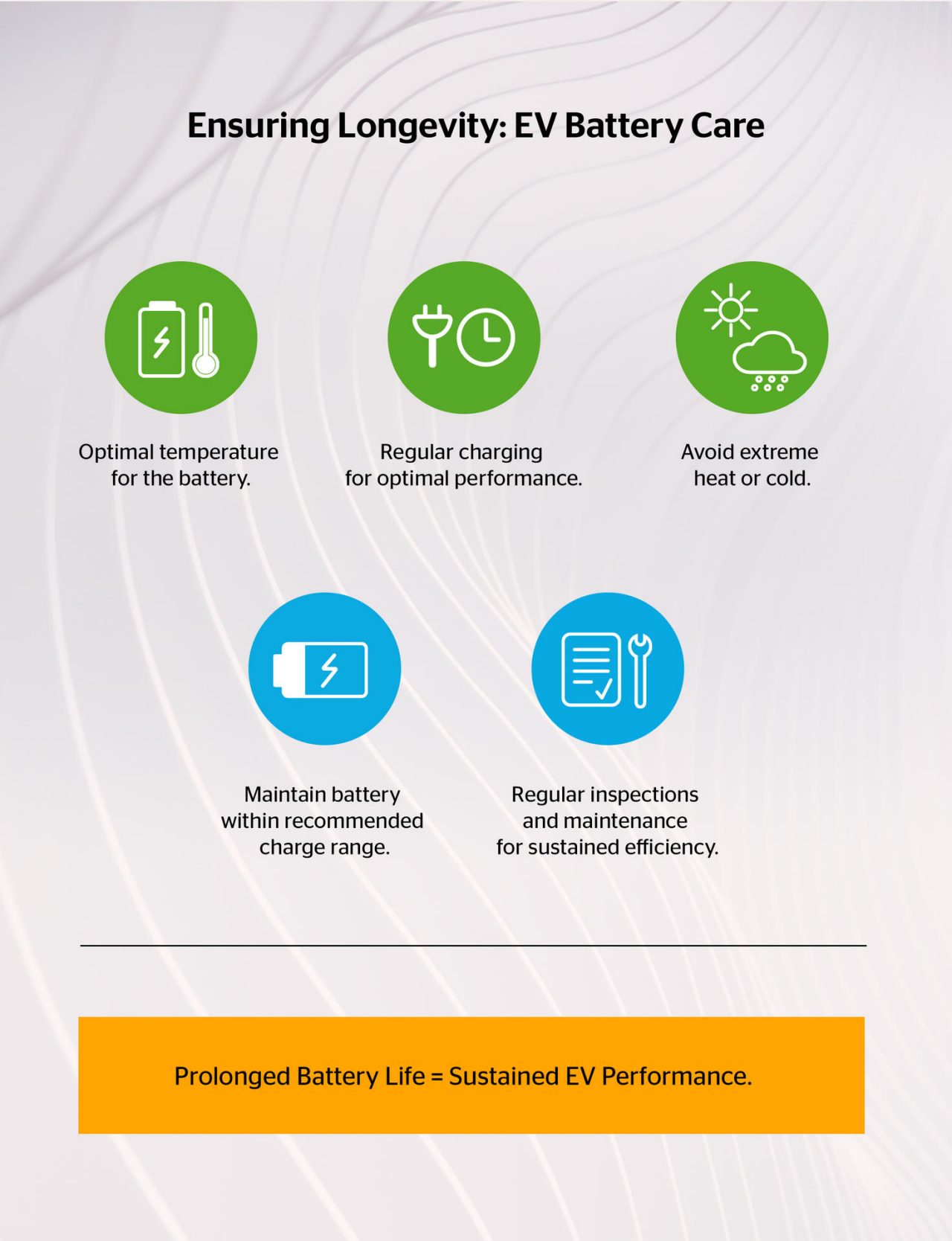
Understanding the impact of weight and torque
One of the defining characteristics of electric vehicles is their heavy battery weight, which has a significant impact on tire wear and stress. In addition, the high instantaneous torque of electric motors requires tires that can handle the abrupt acceleration and deceleration of the vehicle’s weight. This means that your EV's tires need stronger construction and more robust rubber compounds to effectively meet these demands.
- Factors to consider include load index, rolling resistance, braking grip, and noise reduction.
In order to handle different road conditions, manufacturers like Continental have developed innovative tire solutions, such as Continental's EcoContact 6, specifically tailored to the demands of optimal grip for improved braking and minimized rolling resistance for enhanced energy efficiency.
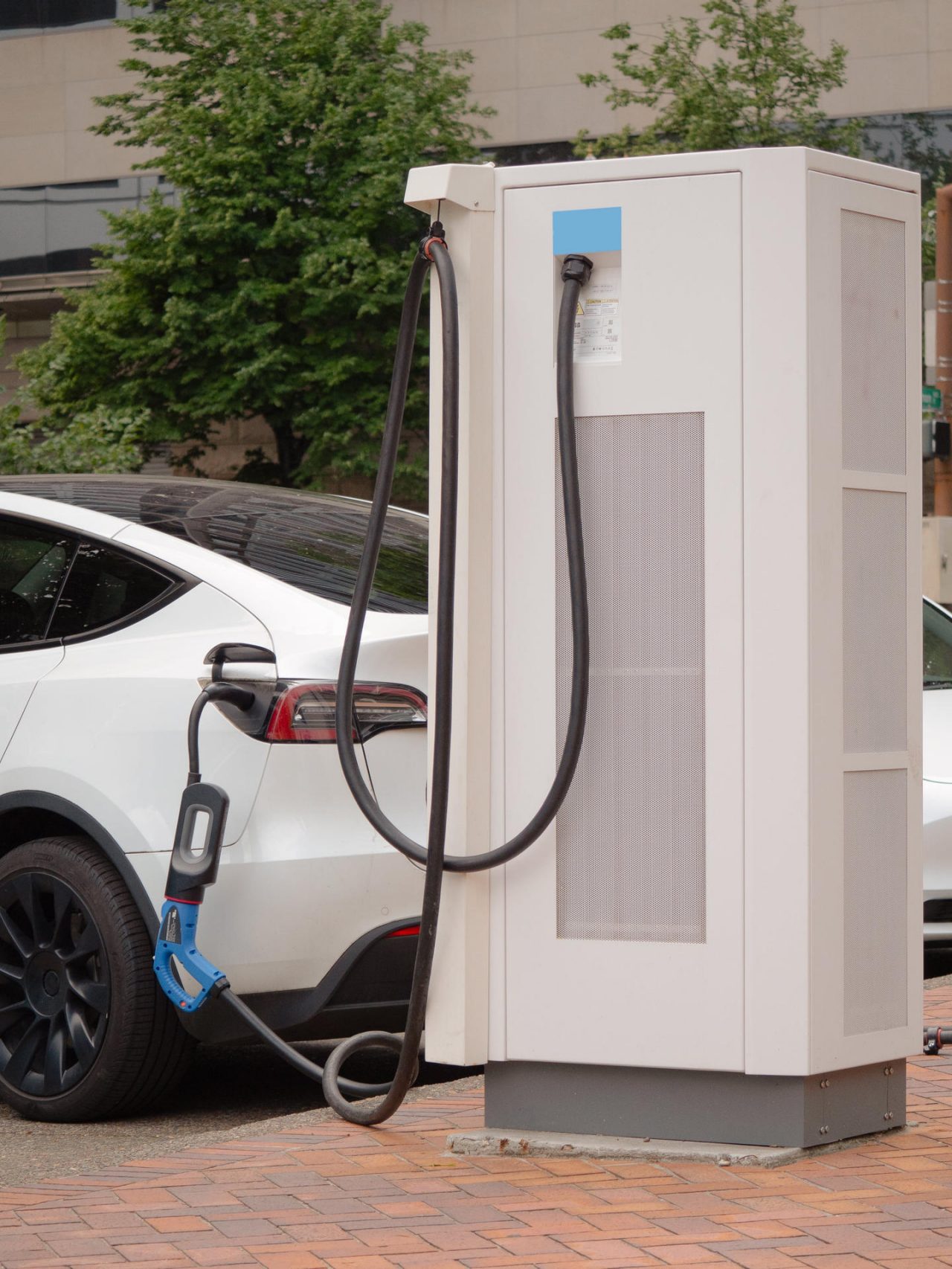
Manufactured with the innovative Green Chili 2.0 compound, this tire promises longer mileage and minimal wear.
Its ability to adapt to varying road conditions, combined with low rolling resistance and an advanced silica compound contributes to a more sustainable and cost-effective experience on long journeys.
Beyond its impact on range and efficiency, the EcoContact 6 prioritizes safety and control with a tailored profile, ensuring a confident drive on both dry and wet surfaces.
Smooth stops for seamless journeys
Within the intricate framework of these advanced vehicles, the braking system emerges as a central player, defining not only the safety but also the efficiency of the EV experience. With a paradigm shift in braking dynamics, EVs demand a nuanced approach to maintenance and care for their braking components.
Understanding the pivotal role that the braking system plays in the EV journey is essential to maintaining not only optimal performance but also the seamless, safe, and efficient driving experience that defines the essence of electric mobility.
Unlike traditional internal combustion vehicles, EVs often use regenerative braking, which converts kinetic energy into electrical energy to improve efficiency.
To ensure the longevity of this sophisticated braking system, regular inspections and assessments are key. Regular checks on brake fluid levels, brake pad wear, and overall system health will help maintain precision and efficiency.
By taking a proactive approach to brake maintenance, EV owners can not only preserve the intricate functionality of their braking systems but also contribute to a smooth, safe, and efficient driving experience throughout the extended lifespan of their electric vehicles.
Key facts for electric vehicle longevity
Ensuring a long and efficient life for your electric vehicle goes beyond tire maintenance. Here are key considerations to keep your EV in top shape:
Tire maintenance for extended efficiency:
- Opt for low rolling resistance tires, such as Continental's EcoContact 6 or UltraContact NXT, to improve energy efficiency and extend the electric range.
- Choose tires with robust compounds for durability against the high torque of electric vehicles.
- Regularly check tire pressure, alignment, and rotate tires to mitigate wear and tear.
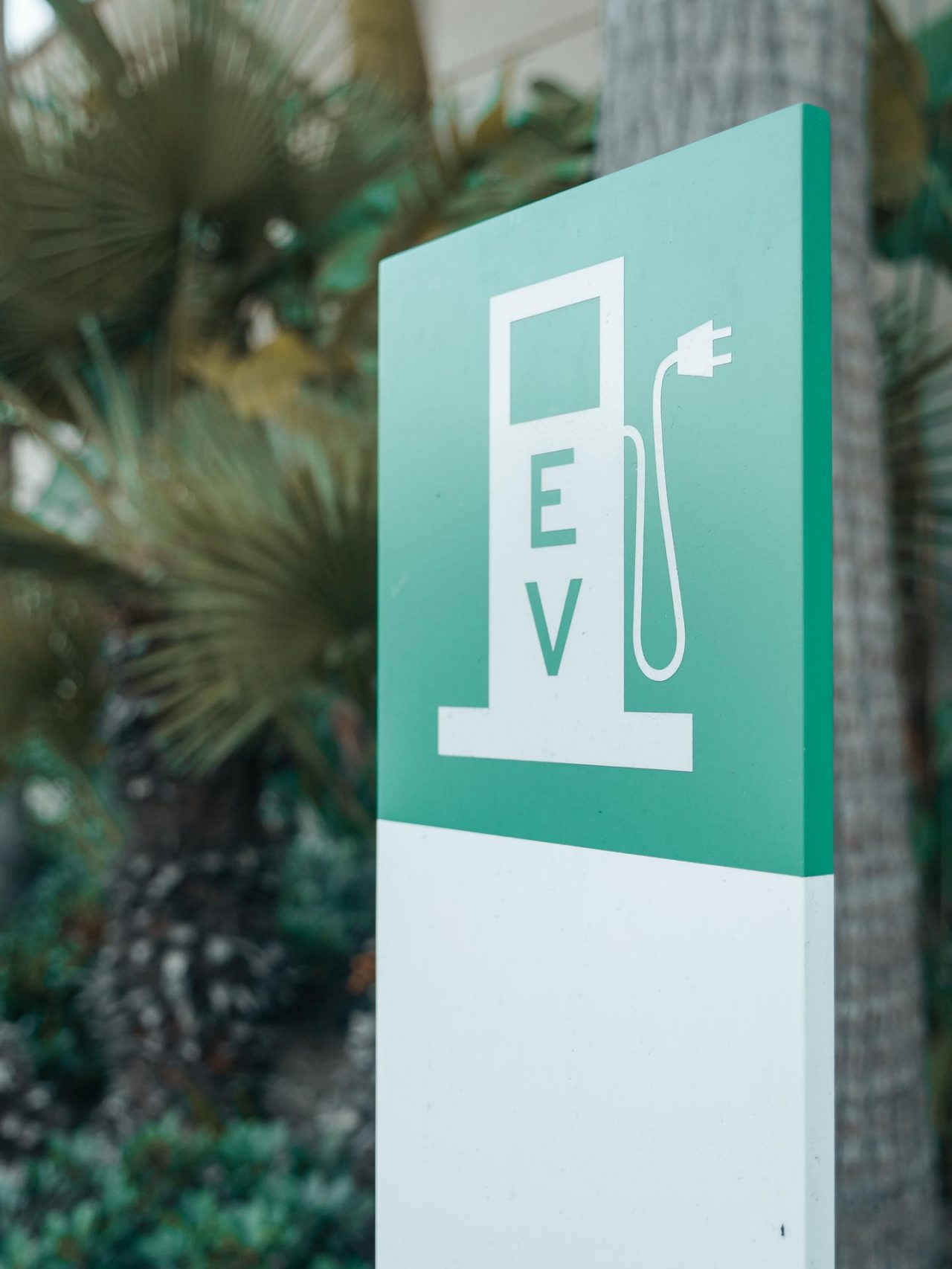
Noise reduction for enhanced driving experience:
Electric vehicles are quieter, making road noise more noticeable. Choose tires with noise reducing technologies such as ContiSilent for a quieter driving experience.
Maximize range with low friction tires: prioritize low rolling resistance tires to extend the range of your EV and contribute to overall energy efficiency.
Battery care beyond charging:
Follow recommended charging schedules and avoid frequent total discharges to prolong battery life.
Keep the battery within optimal temperature ranges, avoiding extremes of heat or cold.
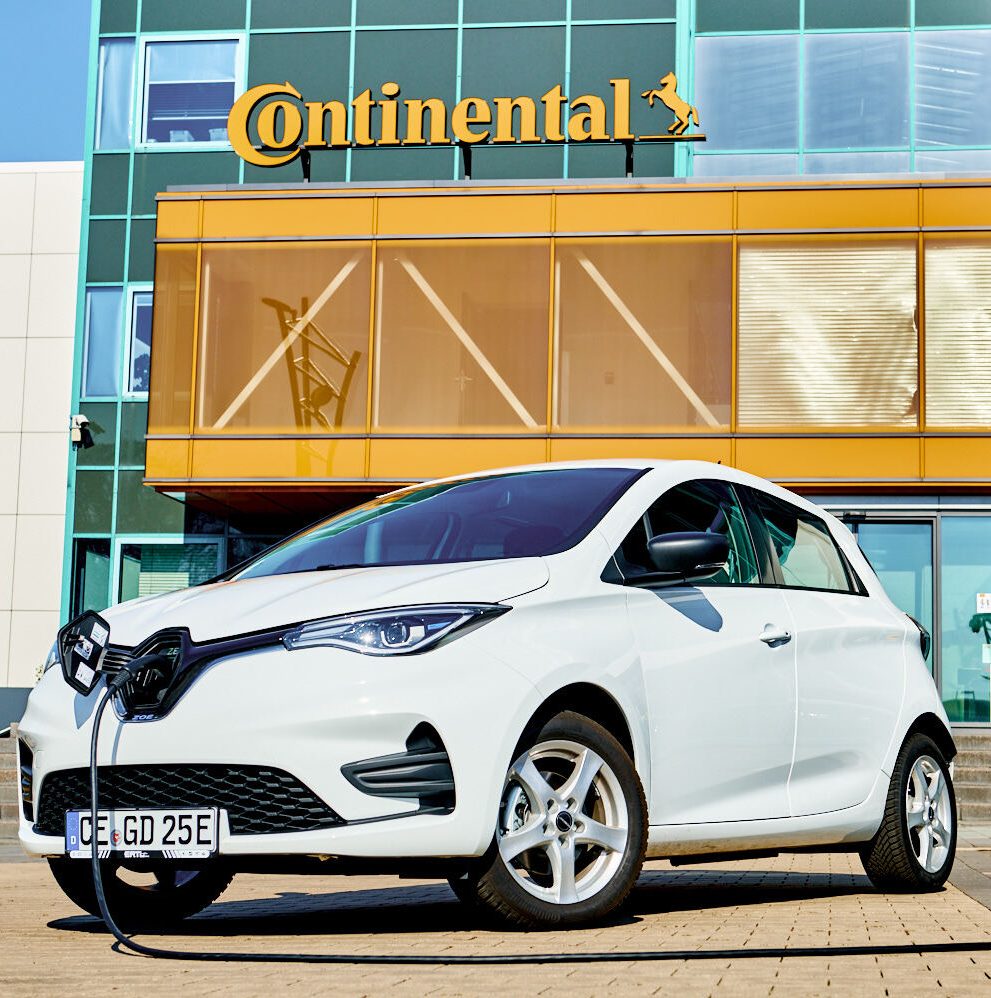
Maintaining your electric vehicle requires a holistic approach. By adopting these practices, from battery care to tire maintenance, you will not only prolong the life of your EV; you will contribute to a sustainable and efficient future of mobility and pave the way for your own smoother, safer, and more efficient driving experience.

